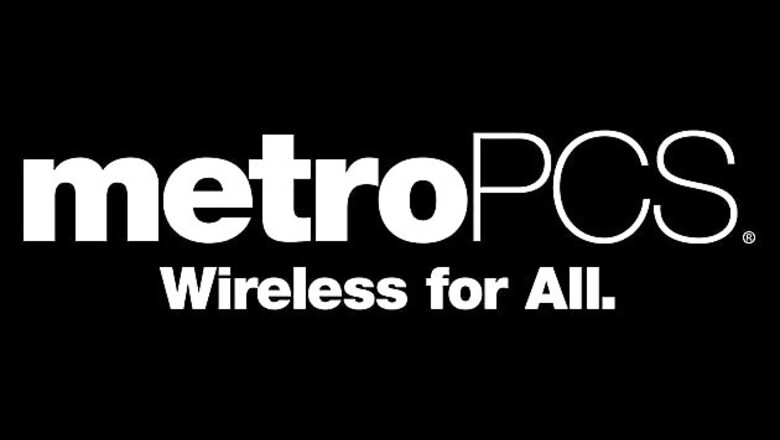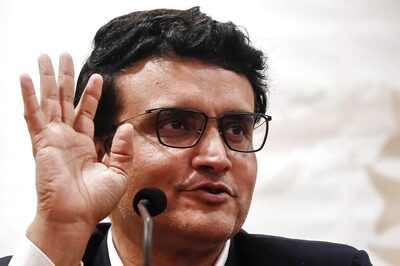
views
New York: TV stations have been locked out of the screens we carry with us every day - those of cellphones. On Wednesday, they gained a foothold in the wireless world, though it's not yet clear whether there's real consumer demand.
MetroPCS Communications Inc. became the first cellphone company to announce plans for a phone that can tune in to live, local TV broadcasts. The capability will be part of a Samsung smartphone coming this year.
For years, TV stations have been unsuccessful in getting cellphone companies interested in such phones. Verizon Wireless and AT&T Inc. instead sold access to a broadcast network set up by Qualcomm. That network was shut down last year because of low consumer interest.
Stephen Jemente, product manager for digital media at MetroPCS, emphasized that its phone will be different in that it will get local stations, with weather and traffic reports. Its customers are also usually young and consume a lot of digital media, he said.
Dallas-based MetroPCS is the fifth-largest cellphone company in the US with 9.1 million subscribers. It concentrates on big cities and low-income households.
"Consumers will be able to enjoy the local nightly news on the bus, their favourite daytime talk show on their lunch break or live sporting events while running errands," the company said.
MetroPCS didn't say what the TV-capable phones would cost or if it would charge a monthly fee to access TV broadcasts. The phones will have an extendable antenna for the TV signals.
It's difficult technically to get phones to tune in to regular broadcasts destined for TV sets. Instead, the Samsung phones will receive special "Mobile DTV" signals broadcast by 72 stations in 32 cities. They're usually retransmissions of their main channels, but at a lower resolution.
A few portable TV sets can already receive those signals for free. However, NBC and Fox will be encrypting their signals so they can only be received by the phone app that will be on the Samsung phone, according to Salil Dalvi, co-head of the Mobile Content Venture, which organizes the TV stations using Mobile DTV technology.
Meanwhile, the Federal Communications Commission is trying to shrink the amount of airwaves allocated to local TV broadcasts. It wants to let cellphone companies pay stations to vacate some of their frequencies so they can be used for mobile broadband instead. Congress has yet to give the FCC the authority to set up auctions for such deals.
It's possible to watch live TV on cellphones in several other countries, but it's only become a mainstream phenomenon in South Korea and Japan. Even there, smartphones without TV capabilities, including the iPhone, are crowding out domestic TV-capable phones.



















Comments
0 comment